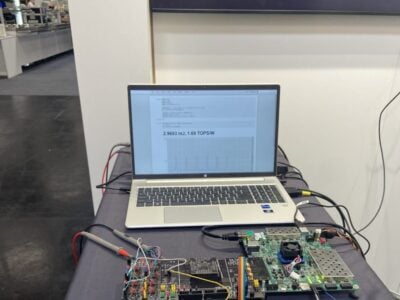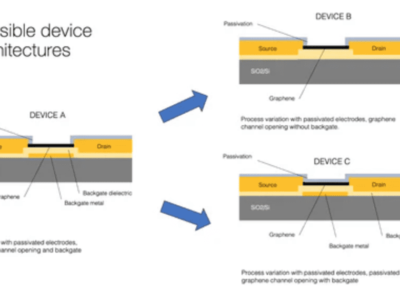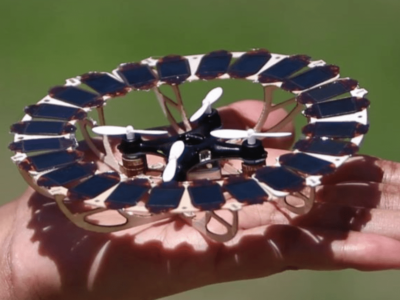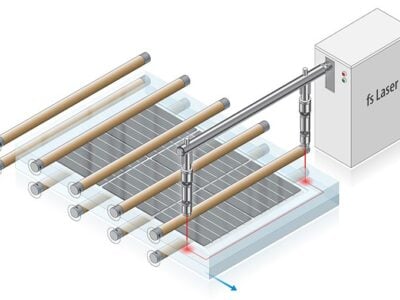
Power supply design impregnated into textiles
Previous attempts to make wearable energy storage devices involved the use of nonwoven materials not usually used in clothes and expensive active materials like carbon nanotubes and nanowires. Yury Gogotsi and colleagues at Drexel University, Philadelphia, have taken every day fabrics like woven cotton and polyester materials and impregnated them with porous carbon powders, taking advantage of the natural porous nature of these materials. Using common techniques like screen printing, ink-jet printing and dip-coating, textile electrodes can be made on a large scale without the expense of new processes.

Source: Smart Garment People
"Our work makes a significant advancement in this area as our electrodes can store 400-700 times the energy per area of previously reported literature while also being flexible, non-toxic and has great potential to be integrated into textiles and clothing," says Gogotsi. The woven and knitted fabrics have empty space between individual fibres and between yarns, and it is into these spaces that the carbon powders are inserted, allowing ion transfer. The team were able to achieve higher mass loadings and capacitance levels on comparison with previous techniques.
"The relatively simple approach to engender conductivity to textile substrates has broad impact," comments Tushar Ghosh, a specialist in textile engineering from North Carolina State University, US. "The work contributes to the body of knowledge necessary for energy harvesting and storage in textiles of the future." Although more work is needed to get a finished product, the hope is to develop this technology into a number of smart garment devices that can be used in a variety of fields such as healthcare, the army and even aerospace exploration.
 If you enjoyed this article, you will like the following ones: don't miss them by subscribing to :
eeNews on Google News
If you enjoyed this article, you will like the following ones: don't miss them by subscribing to :
eeNews on Google News




